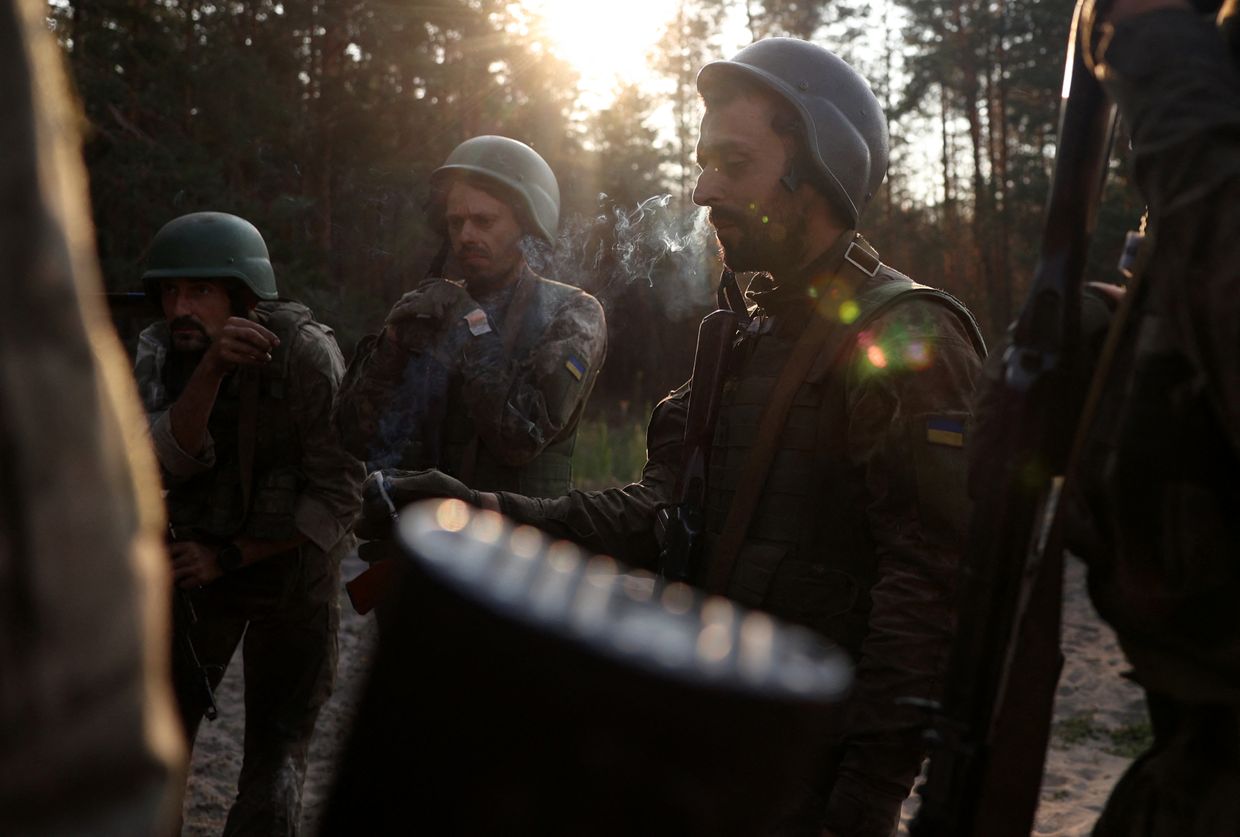Russia makes excuses to break ceasefire on energy infrastructure strikes

Moscow on March 28 insisted it was adhering to a ceasefire on striking energy infrastructure, whilst simultaneously laying the groundwork for breaking it.
Ukraine and Russia had announced a halt on energy strikes after consultations with the U.S. in Riyadh earlier this week.
There have been no reported Ukrainian strikes on Russian energy infrastructure since but Russia has accused Kyiv of targeting the Sudzha gas metering station, which used to be critical transit point for Russian gas exports to Europe.
Ukraine's General Staff denied the allegations, saying: "Ukraine's Defense Forces strictly adhere to the agreements reached with partners to stop attacks on energy facilities.
"Fire is carried out exclusively on military targets."
Ukraine had previously accused Russia of deliberately striking the Sudzha gas station in Kursk Oblast on March 21 to frame Kyiv.
Speaking on March 28, Kremlin spokesperson Dmitry Peskov said Russia "reserves the right, in case the Kyiv regime does not comply with this moratorium, of course, not to comply with it either."
"It would be illogical for us to comply and face attempts to strike our energy infrastructure facilities every night," he added.
Russia has a long history of making false statements about everything.

Despite the supposed ceasefire, Russia has continued large-scale attacks on Ukraine's infrastructure, with Naftogaz, Ukraine's state-owned energy company, reporting that Moscow struck its infrastructure on March 28.
Peskov's remarks also come after President Volodymyr Zelensky accused Russia of violating the U.S.-brokered partial ceasefire by attacking Kherson's energy infrastructure on March 27.
"The city of Kherson is a civilian city; it is not a battlefield. I believe there should be a reaction from the United States in (the form of) actions," Zelensky said.
Moscow maintains it has upheld the ceasefire since March 18, following a phone call between Russian President Vladimir Putin and U.S. President Donald Trump.
"The date, March 18, is purely invented by the Russian side, as Russian propaganda," Foreign Ministry spokesman Heorhii Tykhyi said on March 27.
Russia has conducted large-scale attacks on Ukraine's power grid throughout the war, while Ukraine has targeted Russian oil and gas facilities with long-range drones.
Kyiv had agreed to a full 30-day ceasefire in U.S.-mediated talks in Jeddah on March 11, but Russia refused unless it included conditions limiting Ukraine's military capabilities, including an end to foreign military aid.












